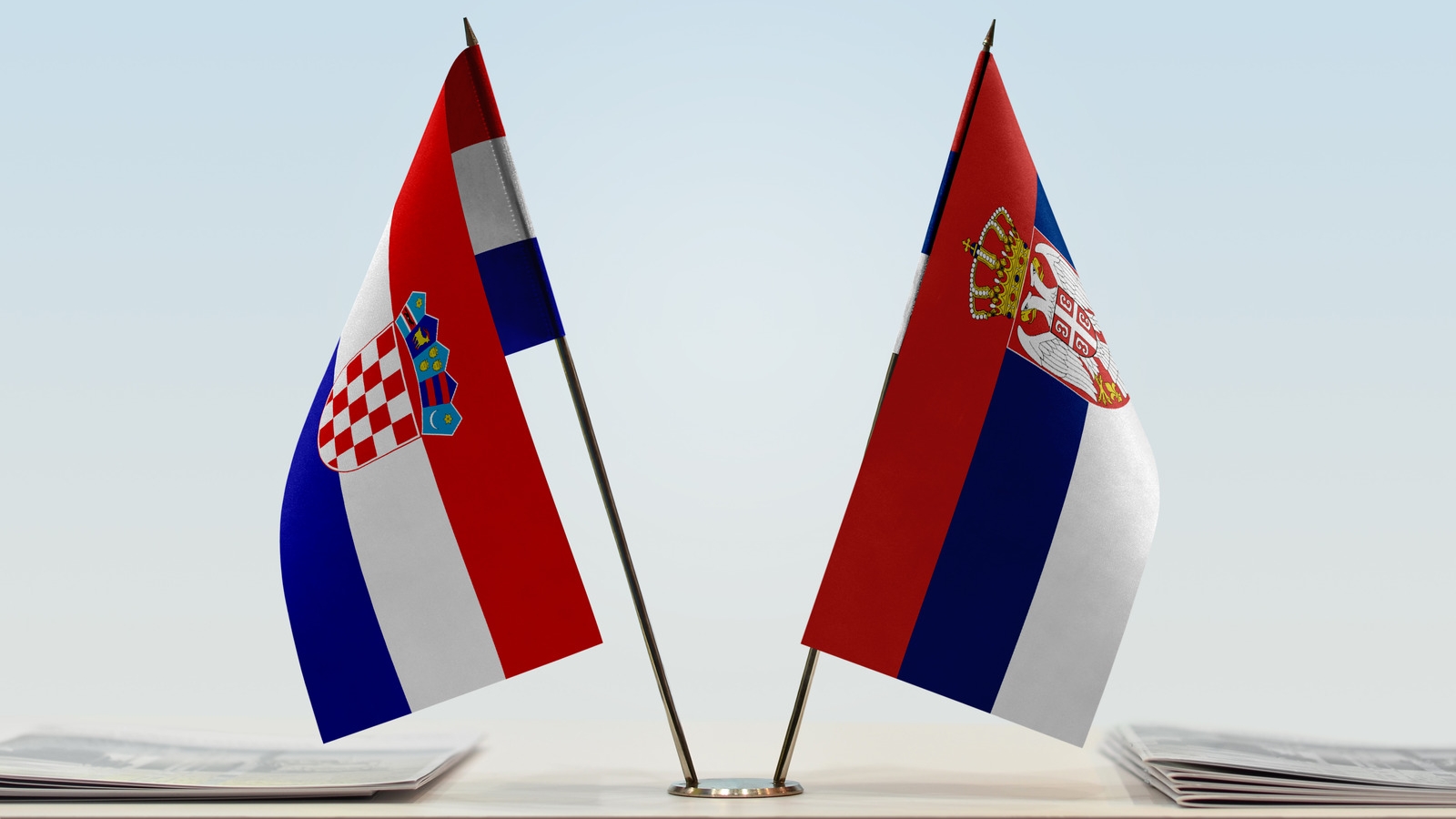Croatia has lodged a formal protest with Serbia following the detention and deportation of five Croatian activists from Belgrade, advising its citizens to reconsider travel plans to Serbia.
The incident occurred when five Croatian nationals traveled to Belgrade to participate in a workshop organized by a non-governmental organization. According to reports, Serbian police detained the activists at their hotel, labeling them as security threats, and subsequently deported them without providing a clear explanation.
In response, Croatian Foreign Minister Gordan Grlic Radman, speaking from the World Economic Forum in Davos, Switzerland, expressed strong condemnation of the actions taken by Serbian authorities. He emphasized that the detained individuals were merely attending a workshop and that Croatia has informed European Union institutions about the incident.
The Croatian Ministry of Foreign Affairs has issued a travel advisory, urging citizens to postpone any unnecessary travel to Serbia. For those currently in Serbia, the ministry recommends exercising caution and avoiding crowded places due to concerns over “improper and unfounded” treatment of Croatian nationals.
Serbian officials have defended their actions, stating that the deportations were conducted in accordance with legal procedures and standard international practices. They questioned the activities of the deported individuals, implying that their actions warranted such measures.
This incident has further strained relations between Croatia and Serbia, which have been tense since the conflicts following the breakup of Yugoslavia in the 1990s. Recent actions by Serbian authorities, including the expulsion of individuals from multiple countries under security pretexts, have raised concerns among human rights organizations about increasing governmental repression in Serbia.
Several non-governmental organizations operating in both Croatia and Serbia have jointly condemned the actions of the Serbian police, expressing deep concern over the incident and calling for accountability.
As the situation develops, both nations are under scrutiny from international observers monitoring the implications for regional stability and human rights.











